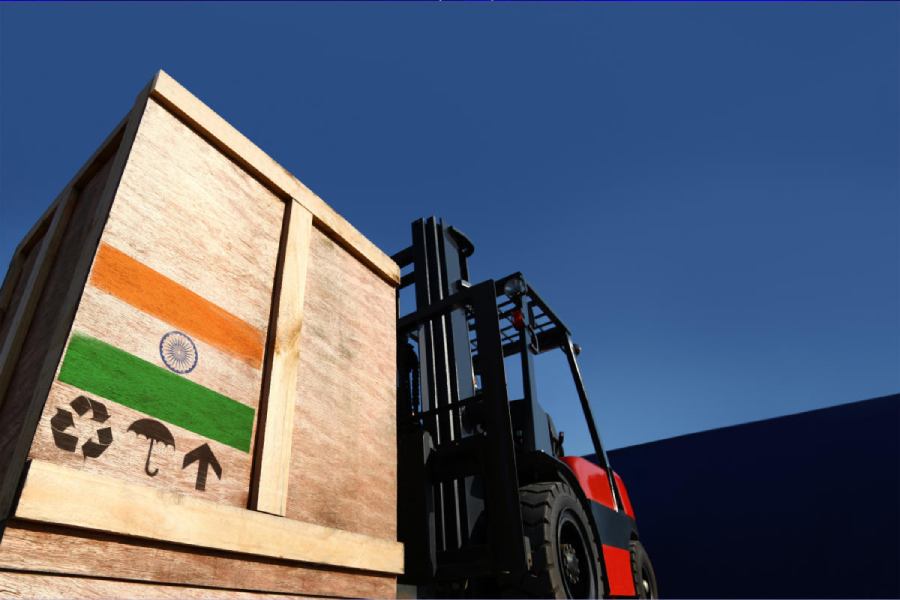India and EFTA, the four-nation European bloc, are likely to sign a free trade agreement on Sunday, which is expected to help promote investments and exports of key domestic services sectors such as IT, audio-visual, and movement of skilled professionals, trade ministry officials said.
The European Free Trade Association (EFTA) members include Iceland, Liechtenstein, Norway, and Switzerland.
The official said that for the first time in the history of free trade agreements (FTAs), a legal commitment is expected to be included in the pact about promoting target-oriented investment from EFTA to India and creation of employment.
India has sought an investment commitment of $50 billion during the first 10 years after the implementation of the agreement and another $50 billion over the next five years from the member countries of the bloc and to facilitate the generation of 1 million direct employment in India through such investments.
This commitment would be linked to duty reduction under the agreement. Sectors related to almost all the industrial goods exported from India to the bloc are likely to benefit from the agreement.
Officials said that Indian processed agricultural products may also get greater market access in EFTA countries. Besides, sectors like pharma, medical devices and processed food (these segments are covered under the production linked incentive scheme) are expected to figure in the pact.
Items such as soya, dairy and sensitive agricultural products would be kept in the exclusion list, meaning no duty concessions would be provided in the agreement for these items.
The agreement has 14 chapters, including trade in goods, rules of origin, intellectual property rights (IPRs), trade in services, investment promotion and cooperation, government procurement, technical barriers to trade, and trade facilitation.











